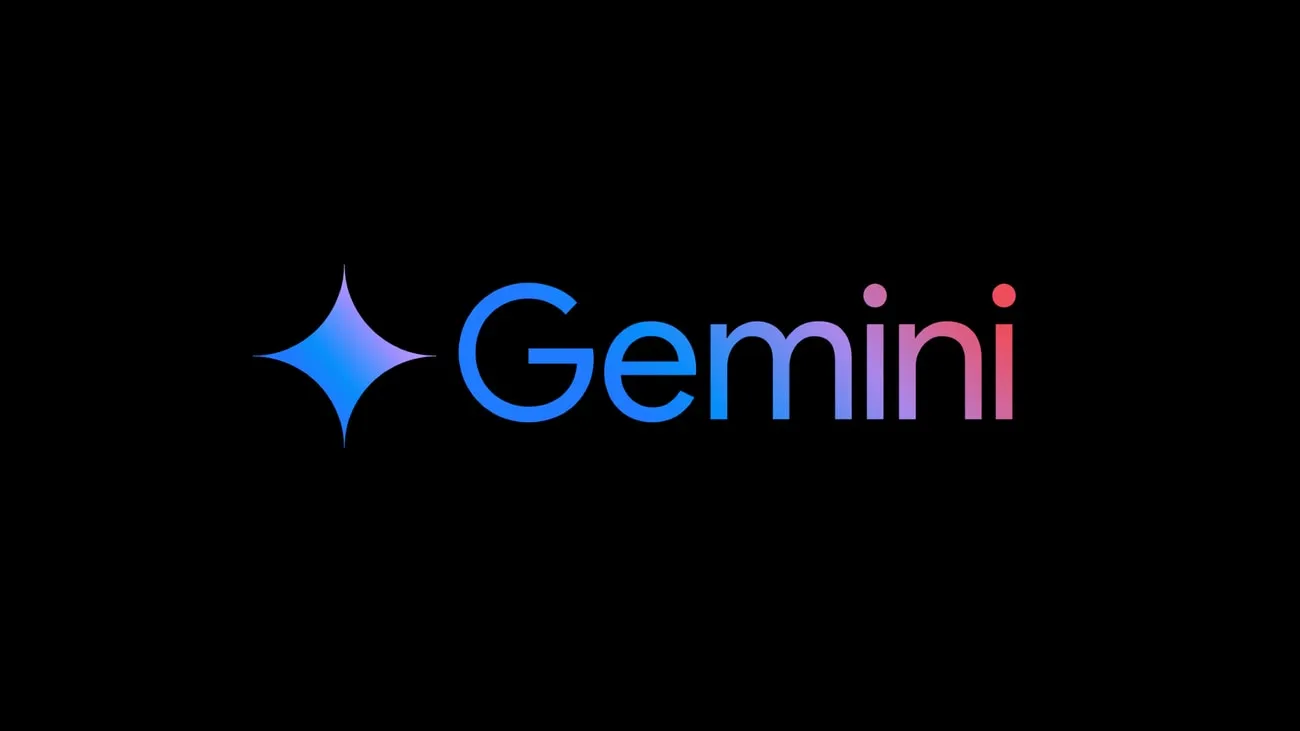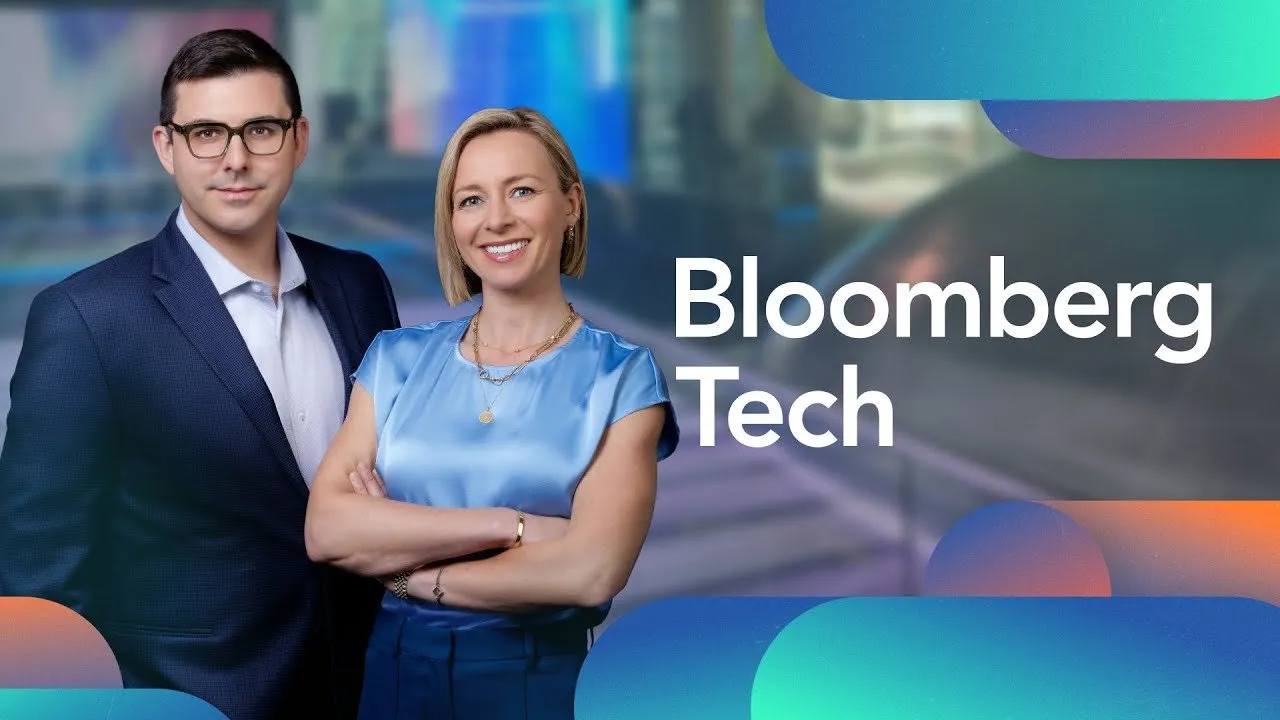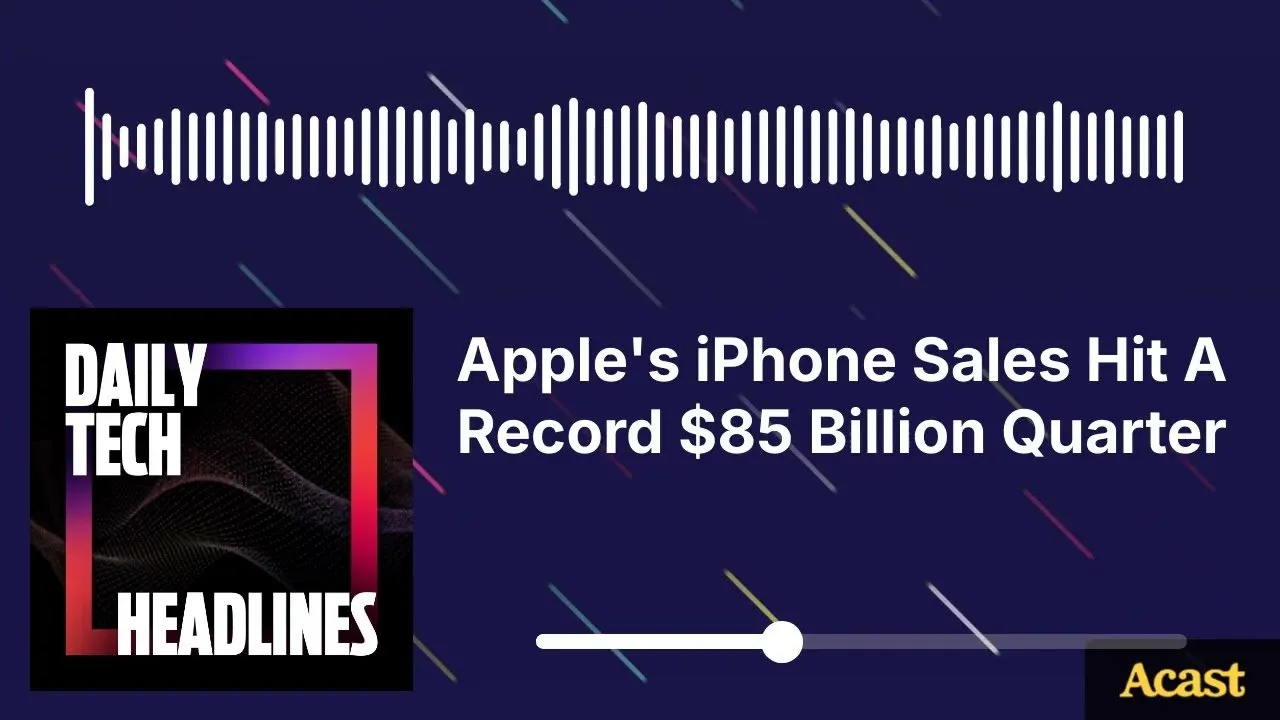Table of Contents
Google is set to make its Gemini AI chatbot accessible to children under 13 through parent-managed accounts, signaling a significant step in integrating AI into younger demographics while emphasizing parental oversight.
Key Takeaways
- Google will soon allow children under 13 to use its Gemini AI through parent-managed Google Accounts via Family Link.
- Parents will be notified when their child first uses Gemini and can manage or disable access at any time.
- Data generated from these child accounts will not be used to train Google's AI models.
- Google acknowledges that Gemini can make mistakes and advises parents to teach children critical thinking and to avoid sharing personal information.
- The move has sparked mixed reactions, with some praising parental involvement and others raising concerns about AI's appropriateness for young children.
Google's Strategic Move: Expanding Gemini's Reach to Younger Audiences
In a significant development, Google is preparing to extend access to its Gemini AI chatbot to children under the age of 13. This initiative, reported by The New York Times, underscores the intensifying competition among tech giants to engage younger users with AI-powered platforms. The rollout is expected to occur as early as next week, with notifications already being sent to parents who use Google's Family Link service.
Gemini is being positioned as a tool to assist children with various tasks, including asking questions, getting homework help, and engaging in creative activities like storytelling. Children will be able to interact with the AI via the web, the Gemini mobile app, or even through Google Assistant. This expansion aims to provide educational benefits, but it also brings to the forefront the complexities and potential risks of exposing young users to generative AI.
The Central Role of Family Link: Empowering Parental Oversight
Google's strategy for introducing Gemini to children heavily relies on its Family Link parental control system. This platform, already used by families to manage access to services like Gmail, YouTube, and the Play Store, will be the gateway for children's Gemini usage. Parents will need to have parent-managed Google Accounts set up for their children to enable this access.
Through Family Link, parents will retain full control and supervision over their children's interaction with Gemini. They will receive a notification when their child uses the AI for the first time. Furthermore, parents will have the ability to manage settings, set usage limits, review interaction history, and, crucially, disable access to Gemini at any time. This approach is designed to ensure that parents are active participants in their children's AI journey. Google's thinking appears to be that since accounts of under-13-year-olds linked to Family Link are already under special supervision, it makes sense to make the chatbot accessible to these children specifically.
Data Privacy: A Key Commitment for Child Users
A significant aspect of this rollout is Google's commitment to data privacy for its youngest users. The company has explicitly stated that any data generated through these child accounts will not be used to train its AI models. This is a crucial distinction, similar to the policy for its Workplace for Education accounts, and addresses a major concern regarding the use of children's data in AI development. Google has also emphasized that enhanced safeguards are in place to filter out unsafe or inappropriate content, with a company spokesperson confirming that Gemini has "specific guardrails in place" to protect children.
Navigating the Risks: Safety Measures and Acknowledged Limitations
While Google is implementing safeguards, the company is also transparent about the limitations of AI technology. In its communications to parents, Google warns that "Gemini can make mistakes" and that children "may encounter content you don’t want them to see." This acknowledgment highlights the ongoing challenges in making AI perfectly safe for all age groups. Past instances of AI errors, such as Gemini suggesting users add glue to pizza or incorrectly counting letters, illustrate the potential for inaccuracies.
To mitigate these risks, Google advises parents to play an active role. They are encouraged to talk to their child about the fact that Gemini is not human and to teach them critical thinking skills. This includes instructing children to fact-check information provided by Gemini and, importantly, to avoid sharing sensitive or personal information with the chatbot. The company's guidance stresses that while Gemini will attempt to filter inappropriate material, active parental supervision remains essential.
A Mixed Reception: Enthusiasm and Apprehension
Google's decision to open Gemini to younger users has elicited a range of reactions. Some, like Taylor Barkley, Director of Public Policy at the Abundance Institute, have praised Google for prioritizing parental involvement. Barkley noted that a collaborative approach with parents is preferable to outright bans on new technologies.
However, the move has also triggered concern among child advocacy groups and experts. Critics point to the potential risks of misinformation, manipulation, and the creation of inappropriate content. A core concern is whether children, particularly those under 13, can fully grasp the implications of engaging with AI and distinguish AI interactions from human ones. This is a challenge highlighted by experiences with other AI chatbots where young users have struggled to differentiate between AI and reality, with some bots misleading users into believing they were conversing with a real individual. More serious concerns have also emerged regarding the potential for AI companions to be manipulated into discussing inappropriate topics with minors, even under specific conditions.
The gradual rollout, initially focused on the US with plans to expand to other markets, will be closely watched. Google's approach, emphasizing parental control and data privacy, aims to strike a balance between providing access to potentially beneficial AI tools and ensuring a safe environment for young users. The Gemini access for kids is planned to roll out through Family Link this week and will be available for free on both Android phones and iPhones, as well as iPads, though availability will vary by language and country. This expansion positions Google ahead of competitors like OpenAI's ChatGPT, which is generally restricted to users aged 13 and above.
Google's initiative represents a cautious but deliberate step into a new frontier, where the interaction between children and advanced AI becomes increasingly common. The success and societal acceptance of this move will likely depend on the effectiveness of the safeguards, the diligence of parental oversight, and the ongoing evolution of AI technology itself.
Google's decision to make Gemini AI accessible to children under 13 via Family Link signifies a major step in AI adoption, balancing potential educational benefits with critical safety and privacy considerations, all under parental supervision.









